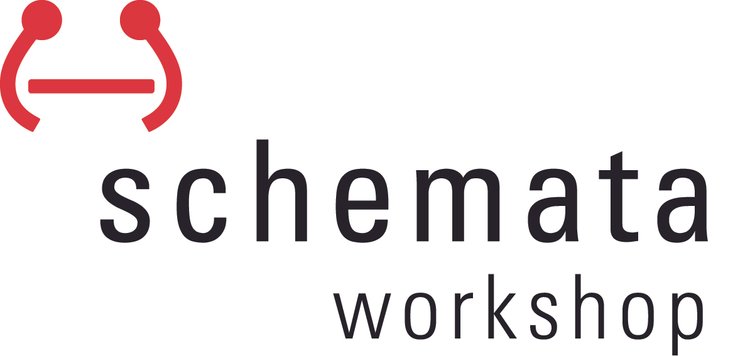Schemata Architect, Alec Gardner, recently attended the International Passive House Conference held in Germany. The following is a description of his experience as well as some his takeaways upon reflection.
The 26th International Passive House (PH) Conference took place in March 2023, in Wiesbaden, Germany, located some 30 minutes from Darmstadt, where Dr. Feist's pioneering doctoral research began in 1988. As I traveled to the conference venue by train in the freezing cold weather, I reflected on the significance and legacy of his "House without Heating".
Instead of the obvious PH benefits of reduced greenhouse gases, superior indoor air quality, and thermal comfort, let's consider four additional advantages.
Energy independence and security - Current political and military tensions on energy markets result in hyperinflated utility costs that ultimately put customers in danger.
Energy capacity reduction - Relieving aging and vulnerable power grids saves tax payer money on costly and protracted infrastructure upgrades, and gives residents the ability to comfortably endure power outages.
Lower energy costs - Critical upkeep costs for public buildings, such as affordable housing, schools, and recreational facilities become more affordable for budget-strapped neighborhoods.
Decarbonization - As cities all over the world are ratcheting up to hit their 2030 climate goals, the most practical option is improving energy efficiency in existing building stock. In contrast, alternative solutions, such as large scale renewable energy production, mass electrification of cars, and large public transportation improvements face significant challenges in implementation.

